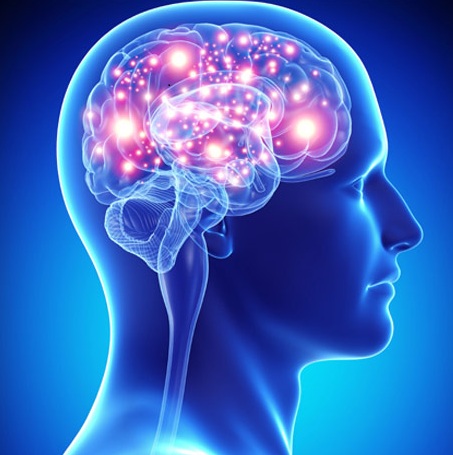How exercise can improve your mental health
Posted on May 23rd, 2017 by Andries Lodder
You all know that exercise is good for you. You know that it improves how you look physically, in terms of weight loss and muscles gain, you know it is good for your body, especially your lungs and heart as it improves your cardio-respiratory fitness. However, did you know that it can have an enormous impact on how you feel and your mental health. This is one of exercises biggest benefits and it is so often overlooked.
Exercise can improve your mood and self-esteem levels, improve your sleep, reduce stress, reduce symptoms of Attention Deficit Hyperactivity Disorder (ADAH) and Post-Traumatic Stress Disorder (PTSD), and most importantly it can help treat depression and anxiety.
Depression and anxiety are major concerns in today’s world and are one of the leading disabilities that adults suffer from. The main symptom experienced with depression is fatigue. People often also have other associated conditions such as heart disease. Over time depression will affect how a person lives, it lowers their self-esteem and motivation and often affects their relationships with other people. Anxiety can be just as debilitating and can have severe implications in people’s lives.
It has been shown that exercise can lower anxiety and make people feel calmer. Exercise helps decrease anxiety and depression levels by releasing feel good chemicals, reducing immune system chemicals that can worsen the symptoms of depression and anxiety and finally increasing the body temperature which has a calming effect on the body. Exercise also helps take peoples mind off how they are feeling, it encourages social interactions, and makes them gain self-confidence and feel better about themselves.
Studies have shown that moderate to vigorous levels of exercise reduced symptoms of depression and anxiety more so than light levels. Longer sessions of exercise have also been shown to have a greater effect then a few short sessions in a day.
So how can you get started?
- Identify what you enjoy doing
- Include both aerobic exercises as well as resistance exercises for the best results
- Set reasonable goals
- Be comfortable
- Reward yourself when you reach your goals
- Prepare for any setbacks or obstacles that you may encounter
- Don’t think of exercise as a chore
- Seek professional help if necessary
Recommendations:
- Aerobic exercise:
- 3-5 days per week
- Moderate intensity
- 30-60 minutes
- Resistance training:
- 2-3 times per week
- 2-3 sets of 10-15 repetitions
The main goal is to increase energy and self-esteem and so finding exercises that are pleasurable to the individual is very important. This will help increase adherence as well as the overall results.
By: Jennifer Steele
Tweet
